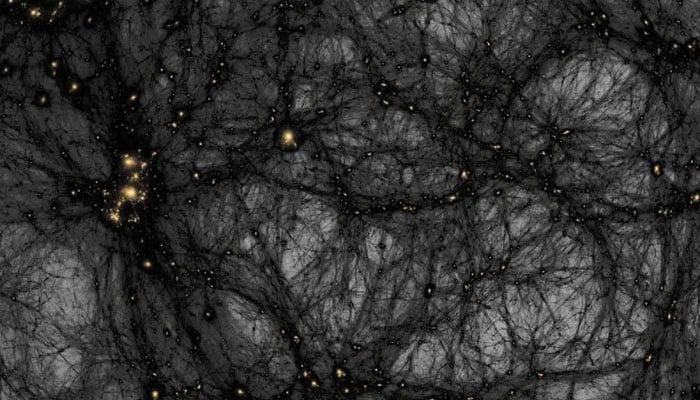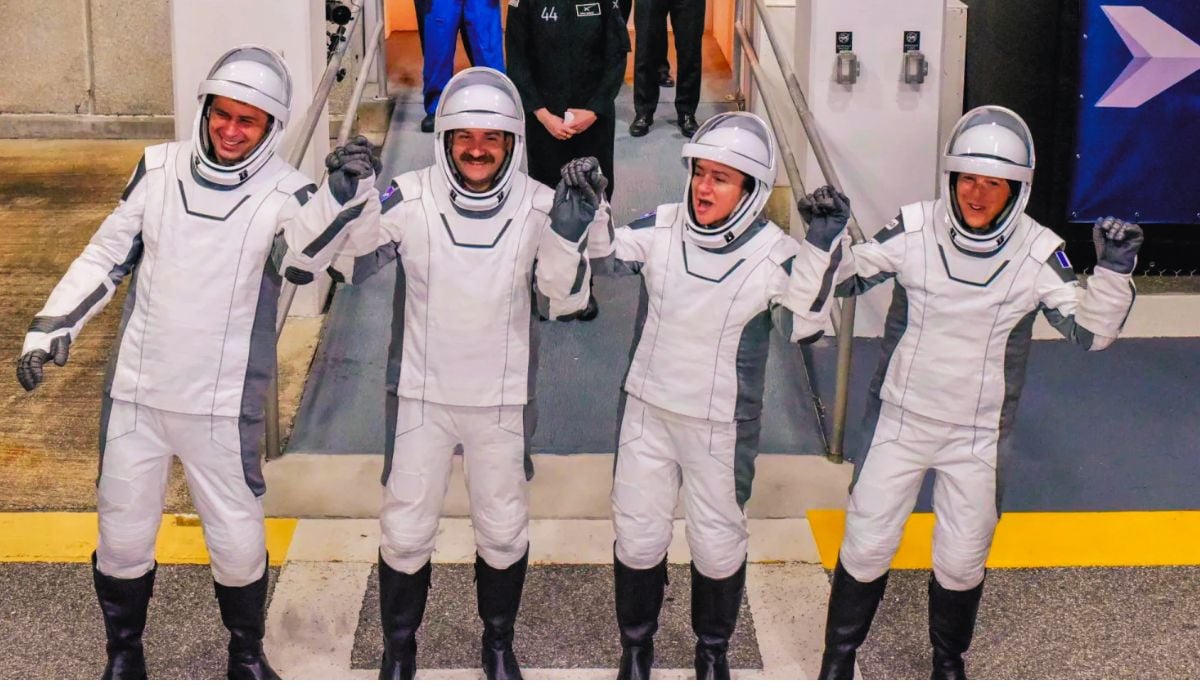Dark matter can be 'mirror' within our own universe — and it's not what we imagine
Dark matter being mysterious universe's area, does not interact with light or matter composed of atoms
Maybe there is a very different black mirror out there in the universe that has been staring us in the face silently since the beginning of time.
According to new research, dark matter—a mystery element that appears to make up the majority of the universe's mass—might be a mirror reflection of our own, but one with broken rules.
This elusive material does not interact with light or matter composed of atoms, despite its quantity (there is approximately 5 kg of dark matter for every 1 kilogramme of conventional matter).
According to Live Science, the only way scientists can identify it is by observing its minute gravitational pull on various objects, such as the movements of stars in galaxies.
The group, which is directed by theoretical physicist Manuel Buen-Abad, suggests in the paper that this mirroring might contribute to the explanation of the universe's remarkable coincidence of identical amounts of dark and normal matter.
The fact that protons and neutrons in the physics of normal matter have about the same mass and may thus bond together to create stable atoms is another odd coincidence.
Atom production would be impossible if a proton were even slightly heavier since it would be completely unstable and decay in a matter of minutes.
The universe would be an ocean of freely floating neutrons in this fictitious scenario.
According to Buen-Abad and his associates, the dark mirror universe could indeed contain this fictitious, fractured reality.
They speculate that perhaps a unique mix of physics produced protons that are similar in mass to neutrons.
However, that combination was different in the dark matter mirror, leading to the "dark proton" evaporating and leaving behind "dark neutrons," which are what we refer to as dark matter.
-
Annular solar eclipse 2026: Where and how to watch ‘ring of fire’
-
Scientists discover rare form of 'magnets' that might surprise you
-
Humans may have 33 senses, not 5: New study challenges long-held science
-
Northern Lights: Calm conditions persist amid low space weather activity
-
SpaceX pivots from Mars plans to prioritize 2027 Moon landing
-
Dutch seismologist hints at 'surprise’ quake in coming days
-
SpaceX cleared for NASA Crew-12 launch after Falcon 9 review
-
Is dark matter real? New theory proposes it could be gravity behaving strangely












